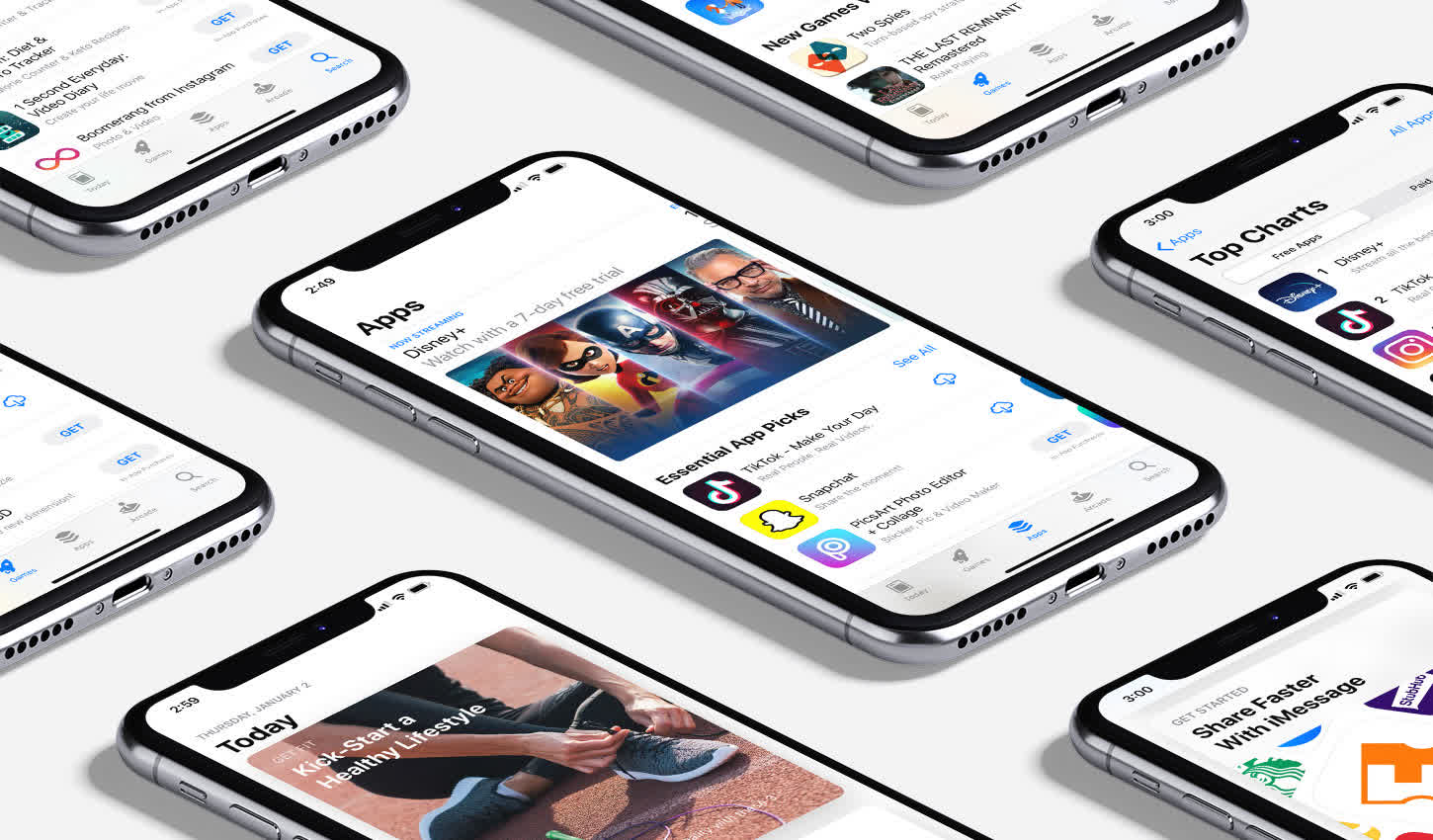What just happened? South Korea just became the first country in the world to pass a law preventing app store owners like Google and Apple from forcing developers to use their payment systems. The two tech giants in particular are facing increasing scrutiny over how much control they should have over their platforms, but this represents a significant new step, as Epic Games' CEO has already pointed out.
What has been dubbed the "Anti-Google Law" in South Korea was originally passed in that country's parliament last week, but the final vote went through yesterday. The bill will become law when signed by South Korea's president, whose party has already backed it.
According to a report from the Associated Press, the companies also can't punish apps that use alternate payment systems by imposing unreasonable delays in approving those apps. South Korean authorities can even investigate app store operators in order to ensure fair competition.
In February, North Dakota proposed a law similar to the one South Korea just passed, and the US Senate floated one in early August that would completely break down walled gardens on app platforms.

Apple and Google each make billions from the App Store and Google Play Store, respectively, by getting a cut from app purchases and in-app purchases. Normally they take 30 percent, but both have enacted separate plans to reduce that cut to 15 percent for many developers.
Epic Games head Tim Sweeney has already hailed the law as a historic moment and a move towards open platforms. "Korea is first in open platforms," he wrote on Twitter. "Korea has rejected digital commerce monopolies and recognized open platforms as a right."
Sweeney even went as far as to liken the event to the fall of the Berlin Wall. "As President Kennedy said at the Berlin Wall in 1963, today all developers around the world can be proud to say: I am a Korean!"
As President Kennedy said at the Berlin Wall in 1963, today all developers around the world can be proud to say: I am a Korean! pic.twitter.com/XeVdB1W1Wl
--- Tim Sweeney (@TimSweeneyEpic) August 31, 2021
"Google Play provides far more than payment processing," Google said in a statement outlining everything that goes into developing and maintaining an operating system and app store. "And just as it costs developers money to build an app, it costs us money to build and maintain an operating system and app store. We'll reflect on how to comply with this law while maintaining a model that supports a high-quality operating system and app store, and we will share more in the coming weeks."
Apple recently settled a class action lawsuit by changing its app store rules to allow developers to notify users of payment options other than Apple's, so long as they notify users through methods outside the apps, such as email. Apple also agreed to pay $100 million to small developers.
Image credit: Jin Sung-chul/Yonhap via AP
